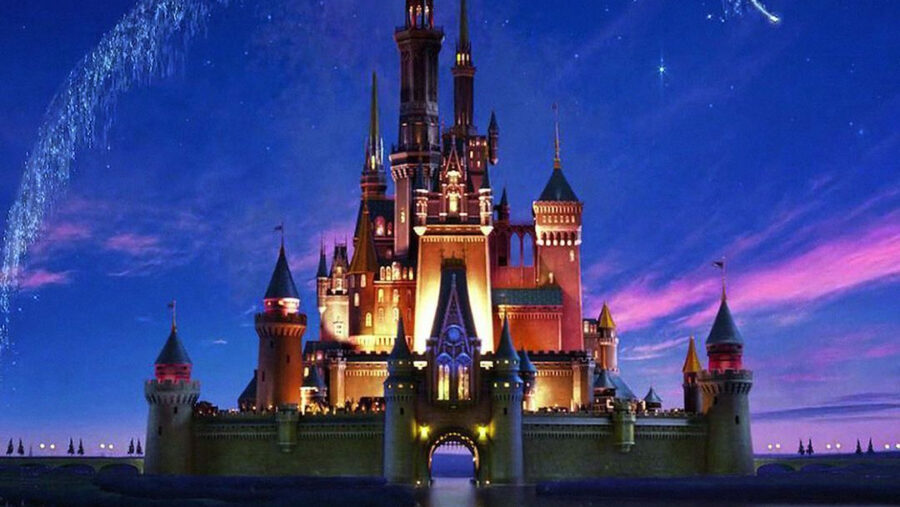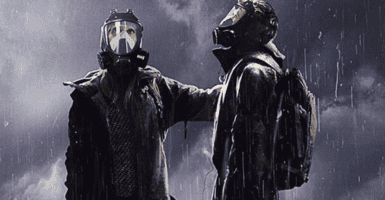Why Walt Disney World Is Trending On Twitter Amidst Outrage
The social justice movement hit an unexpected snag this morning after an opinion piece about wokeness in Walt Disney World circulated online. The problem revolves around the notion that some feel their current political stance is hurting customer experience for the theme park’s ticket buyers.
This article is more than 2 years old

The social justice movement hit an unexpected snag this morning after an opinion piece about wokeness in Walt Disney World circulated online. The complaint in the article revolves around the notion that some feel their current political stance is hurting customer experience for the theme park’s ticket buyers. Self-proclaimed Disney World superfan Jonathan VanBoskerck criticized mass media conglomerate Disney for foregoing guest immersion in favor of political correctness and individual expression in a scathing commentary published on the Orlando Sentinel. Twitter’s users were so outraged that Walt Disney World became one of the top trending topics on the social media site, as people spoke out against VanBoskerk.
In his article, the author delivered an ultimatum, threatening to boycott Disney World for good if the theme park insists on continuing on this streak. He writes: “Pirates used to be one of my favorite attractions. My family would always ride it first on our first day at the Magic Kingdom. Now, we do not even ride it every trip. When my family rides Pirates now, each of the changed scenes takes us out of the illusion because they remind us of reality and the politics that forced the changes.”
Explaining his stand as both a Christian and a conservative Republican, a disappointed VanBoskerck describes the current Disney World experience as pandering and sanitizing — “a mood killer.” He cautioned the company against alienating its loyal consumers and called for a return to tradition, namely Walt Disney’s relatively non-partisan business model and equally controversial family values.
A few praised VanBoskerck for his perceived backbone. Kindred spirits reluctantly backed his stance. Some don’t care much for the polemic views of a total stranger. VanBoskerck’s divisive take on Walt Disney World trended for all the wrong reasons, however, and he was blasted for the most part. Woke Twitter users slammed the author for living in a privileged bubble he is “neither grateful for nor aware of” and for attempting to deprive others, particularly people of color, of their right to self-expression. Many derided his “self-delusion,” and described him as completely unaware of Walt Disney’s history of racist imagery.

While most replies and retweets revolved around VanBoskerck’s perceived lack of humanity, others tried to convince him to rethink his mindset, citing “immersive racism” as insufficient reason to continue perpetuating theme park standards. They argued those standards that might be immersive on the surface but are actually exclusionary in reality. VanBoskerck was widely panned for “playing the victim” when as a white man, he was speaking “from a position of privilege and authority.”
From an anthropological end, social justice warriors blamed white male fragility and white supremacy for the author’s semblant self-entitlement, and quoted his religion and political party as enough reason to “cancel” him entirely. Some Christians were quick to distance themselves from VanBoskerck and lambasted his outward perversion of traditional Christian values. Those voices pointed out the hypocrisy in his call to prioritize customer service over inclusion, when said customers are comprised of both woke and more conservative patrons. People from all walks of life come to see Disney World. Disney can’t please everybody, but many felt that ignoring the concerns of one minority in favor of another would be to betray its own long-term business model of capitalizing on customer happiness over all else. In conclusion, the author is contradicting himself.
Many Twitter users claimed that VanBoskerck is only considering his party’s perspective and excluding everyone else’s, hence slamming Disney’s (supposedly) deteriorating customer service without realizing the company has been accentuating its customers’ needs all along. Some reminded the author Disney has no reason to worry about losing ticket sales, being “too capitalist” to sacrifice company revenue for inclusion, which implies only one thing: Disney believes appealing to the woke population will attract more customers rather than the opposite, and is only being enterprising. As VanBoskerck himself stated, there’s nothing more “Walt Disney” than being inherently pro-capitalist.
The Walt Disney World is too woke op-ed attracted big and small names both, and has been quoted and retweeted about 12,000 times as of this writing. The responses pile on by the minute. It’s presently unknown if the author is even aware of what’s been happening online. VanBoskerck took a swipe at the Twitter-verse ahead of the social media outrage, calling out Walt Disney World for caving to “political pressure” and “appeasing the Twitter mob.”












